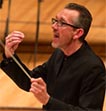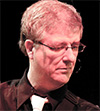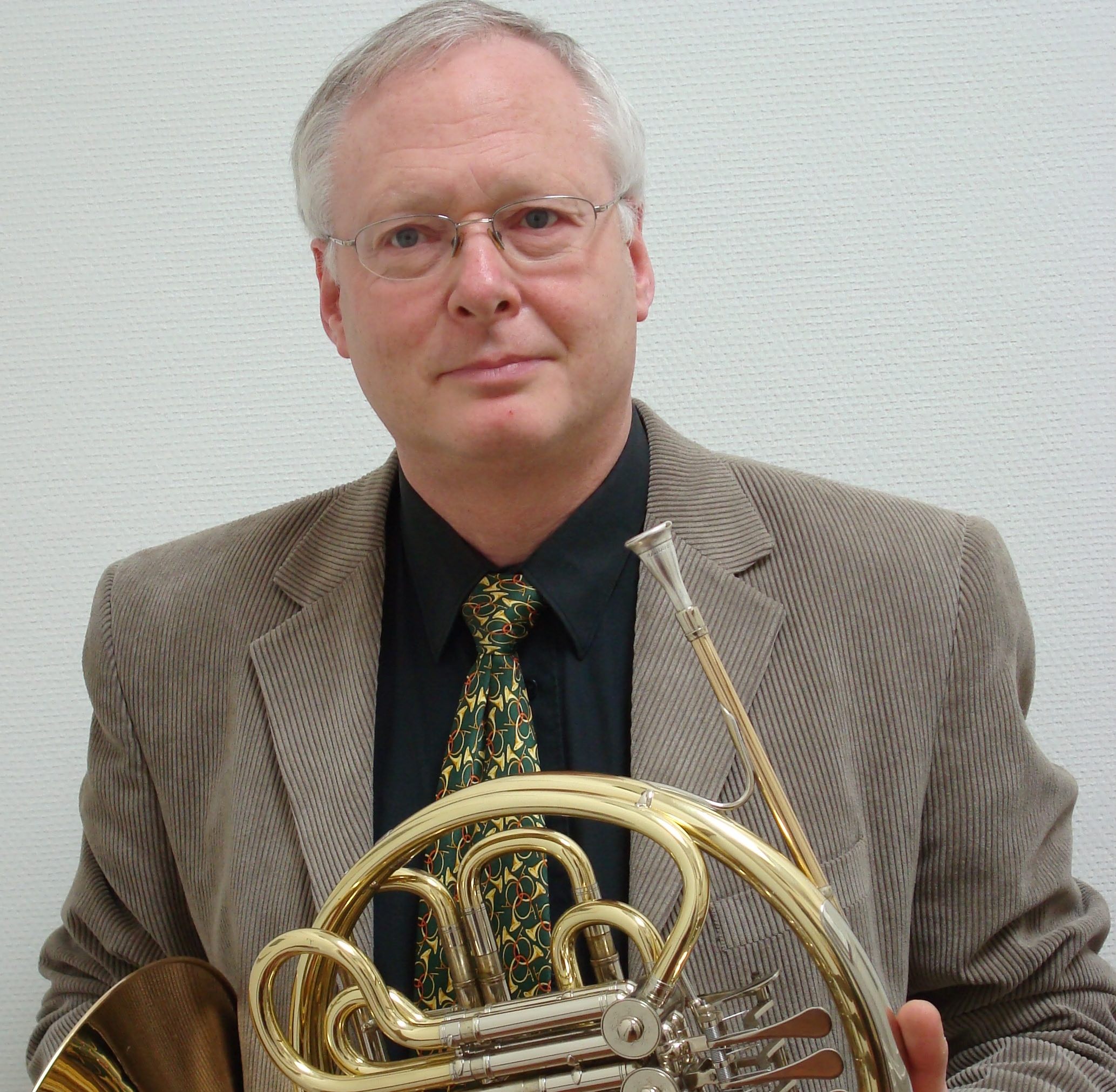For 6 horns in F - score 8 p. & parts
Anton Bruckner (1824-1896) was deeply rooted in the religious traditions of the Roman Catholic Church. He set the Ave Maria to music three times during his lifetime.
The third setting was composed for alto and piano (organ or harmonium) in 1882. This short contrasting composition is characterized by a dramatic progression with widely spun melodies, roving harmonies, a unisono section and general pauses. The resemblance to the Seventh Symphony is unmistakable. In this arrangement for horn ensemble, this Ave Maria setting sounds almost like a symphonic movement.
In 2024, we celebrate the 200th anniversary of Anton Bruckner's birth. A great opportunity to pay extra attention to this composer, widely known for the magnificent horn parts in his symphonies and with the purchase of this work from the Collection Herman Jeurissen, you will receive this arrangement for free: Bruckner - Aequale & Steiermärker for 4 horns in F
In the world of horn and brass ensemble music from the 18th and 19th centuries, original high-quality ensemble repertoire appears to be scarce. Additionally, students and advanced amateurs are rarely given the opportunity to perform important Romantic symphonic works by Bruckner, Mahler etc. and Wagner's great operas in their original versions. Orchestral part studies with only the original parts, and above all, a lot of rest are not always inspiring. For this reason, throughout his extensive career as a horn pedagogue, Herman Jeurissen wrote a considerable number of arrangements. These include shorter compositions by the great masters, allowing for an accessible introduction to their style and writing.
Bruckner - Ave Maria for 6 horns in F - Collection Herman Jeurissen
Product Code:
979-0-3655-3570-5
Arranger
Herman Jeurissen
Composer
Anton Bruckner
Difficulty level
4-5
Instrumentation
6 horns in F
Publisher
Golden River Music
Digital delivery
available
Order #
9003982
Availability:
In Stock
-
18.87€ ex tax
Met de steun van
 Nederlands
Nederlands 



















